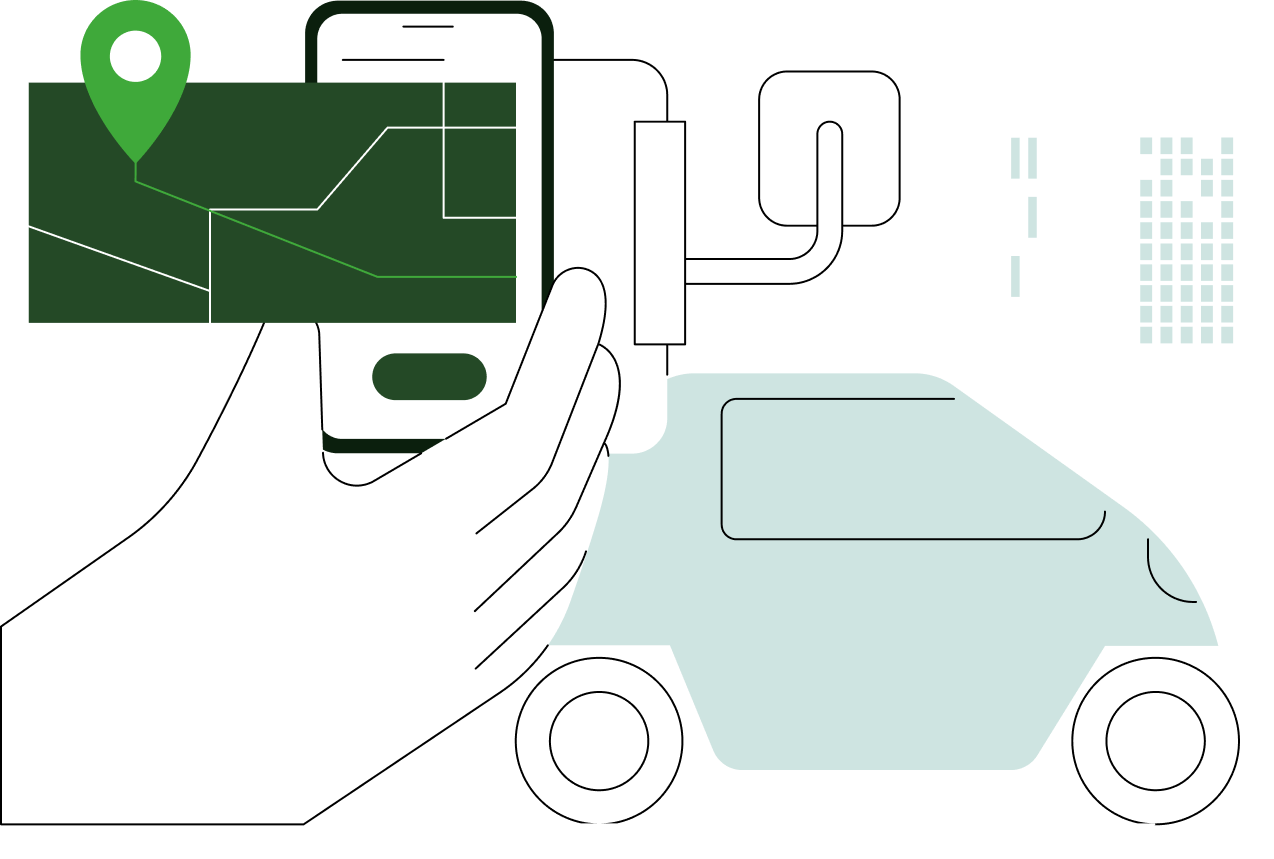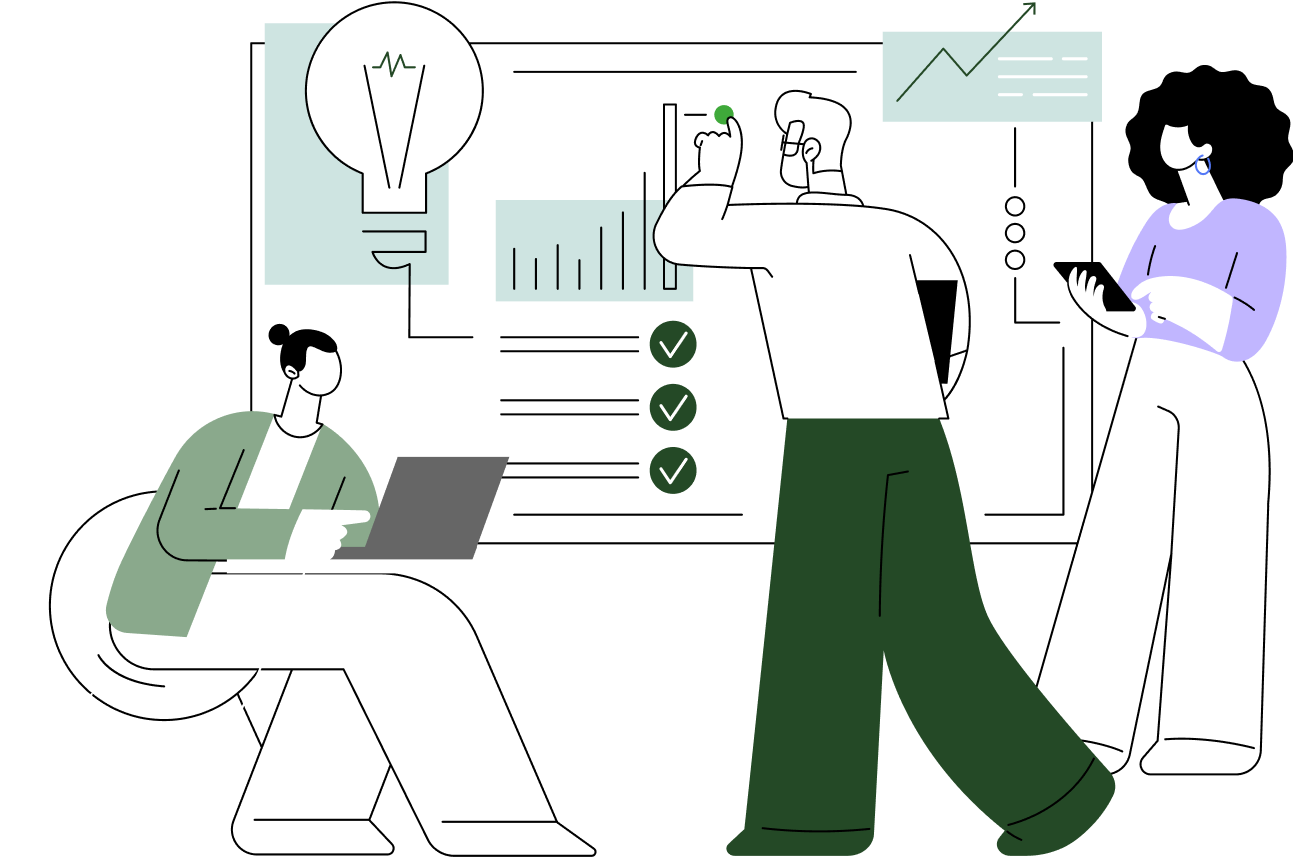By 2030, the healthcare AI market is expected to reach $187 billion, showing how quickly AI is changing healthcare.
AI is changing healthcare in many ways. It helps doctors find patients and give them better care using data from medical records, wearable devices, and patient history. With AI, medical imaging is faster and more accurate, helping doctors find diseases like cancer sooner. This blog explains how AI is helping doctors make better decisions, improving clinical trials, saving money, and dealing with ethical issues.
Key Takeaways
- AI helps healthcare providers find patients for treatments by using medical records and data from wearables.
- AI improves workflows, making care faster and better, leading to quicker bed assignments and shorter hospital stays.
- AI saves money by automating tasks like billing, eligibility checks, and scheduling.
- Privacy and ethical issues need to be handled well to keep patient trust.
How Data and AI Are Changing Healthcare

AI makes healthcare faster and more efficient. Hospitals like the Cleveland Clinic and the Mayo Clinic have seen 38% faster bed assignments, 25% shorter hospital stays, and a 91% drop in nursing facility discharges thanks to AI.
AI also helps figure out which patients need treatments by using health records, medical history, and wearable devices. This makes it easier to find people for clinical trials. AI saves money by automating tasks like eligibility checks and scheduling, which cuts down on errors and save billions a year.
AI in Making Medical Decisions
AI helps doctors make better decisions by analyzing a lot of medical data. It can find patterns that doctors might miss. For example, AI can look at medical images, genetics, and patient history to find cancer early. In heart care, AI can predict heart attacks by studying ECG patterns and other signs.
AI tools help doctors diagnose and suggest treatments. But doctors need to trust these tools, so AI must provide clear and easy-to-understand information.
AI in Clinical Trials

- Drug Discovery: AI helps design drugs, predict side effects, and pick trial candidates.
- Better Patient Experience: AI helps with telehealth, scheduling, and personalized care.
- Finding Patients: AI finds patients for trials faster, using health records and other data.
- Communication: AI helps doctors, patients, and researchers share information in real-time.
- Real-Time Analysis: AI quickly analyzes health records to find the best trial candidates.
AI helps make clinical trials more efficient by finding the right patients faster, which helps speed up the research process.
Ethical Issues and Trust in AI in Healthcare
AI brings some ethical challenges. Key issues include data privacy, bias in AI, and the fair use of patient data. It is important to train AI with diverse data to avoid biased results. Transparency is also important so that patients trust how their data is used.
- Data Privacy: Patient data must be kept safe, and AI decisions need to be clear.
- Challenges: Healthcare organizations need to train staff and keep AI systems accountable.
Financial Benefits of AI in Healthcare
AI could save $200-360 billion each year by reducing errors, improving patient care, and streamlining processes. But challenges like high startup costs and training can affect these savings.
- Cost Reduction: AI automates tasks like eligibility checks, saving time and reducing delays.
- Efficiency: AI speeds up billing, reduces errors, and makes payments faster.
Conclusion
AI is changing healthcare with better imaging, monitoring, and personalized treatments. It helps doctors detect diseases early, plan better treatments, and make healthcare more efficient. Hospitals like Mount Sinai have saved money and improved services. To fully use AI's potential, we need to solve challenges like data privacy and bias.
Are you ready to use AI to make healthcare better?



.png)
.png)
.png)









